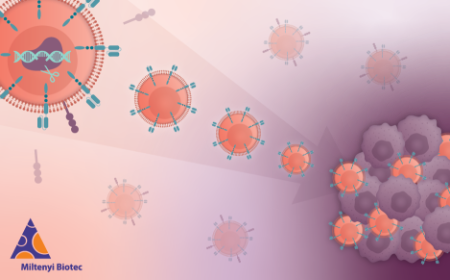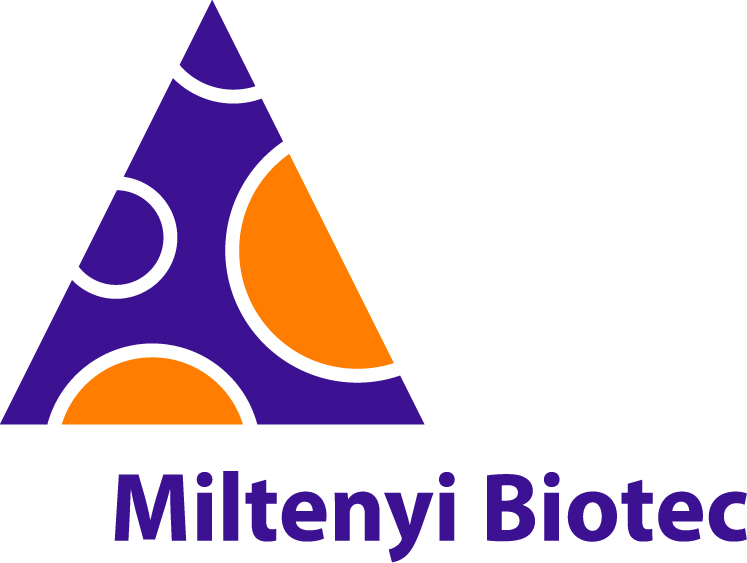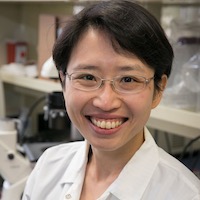Engineering next-generation CAR-T cell therapy for cancer
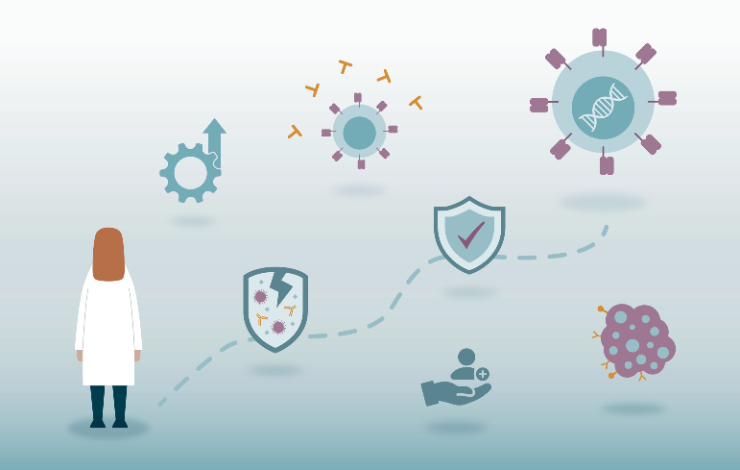
This was a live-only webinar that ran on August 21st, with no on demand access available.
The adoptive transfer of T cells expressing chimeric antigen receptors (CARs) has demonstrated robust efficacy in the treatment of advanced hematological malignancies. However, challenges such as antigen escape and immunosuppression limit the long-term efficacy of adoptive T cell therapy, particularly for solid tumors.
This webinar will discuss the development of next-generation T cells that can target multiple cancer antigens, modify the tumor microenvironment, and/or engage endogenous immunity to overcome tumor defense mechanisms.
This presentation will highlight the potential of synthetic biology in generating novel mammalian cell systems with multifunctional outputs for therapeutic applications.
Attend this webinar to learn more about:
- Current obstacles to achieving safe and efficacious tumor control with CAR-T cell therapy
- Strategies to overcome current limitations of CAR-T cell therapy for oncology applications
- Using synthetic biology to develop improved T cell therapies for cancer
You might also like
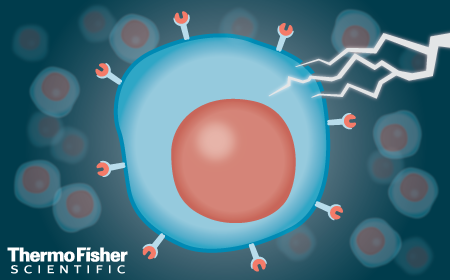
Enhancing CAR-T cell generation: optimizing non-viral engineering of resting T cells for improved cancer immunotherapy
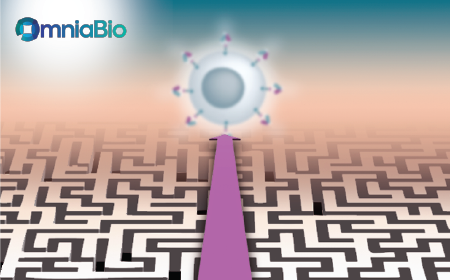
CAR-T manufacturing intensification: the next wave of CAR-T commercialization
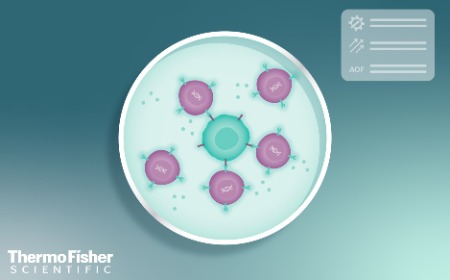
Supporting efficacy and scaling with a next-generation T cell AOF formulation medium
